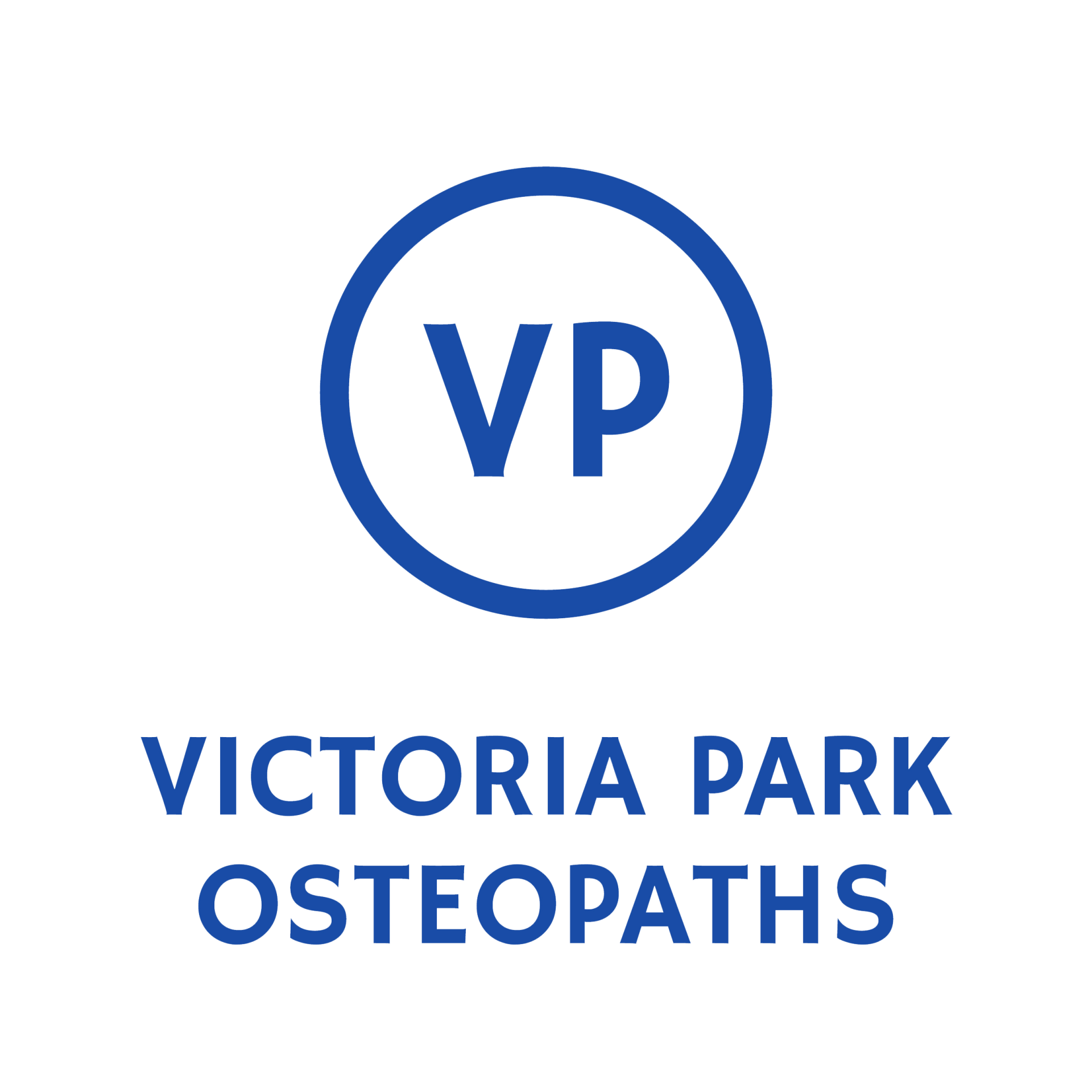What is Costochondritis?
Costochondritis is inflammation or irritation of the costochondral joints — the points where the ribs meet the cartilage at the front of the chest, near the sternum. It can cause sharp or aching chest pain and is often mistaken for heart or lung-related pain, which can make it worrying for patients.
It is usually benign and self-limiting but can be persistent without treatment.
Symptoms & What You May Experience
You may notice:
- Sharp, aching, or stabbing pain at the front of the chest
- Tenderness when pressing on the ribs or breastbone
- Pain that worsens with deep breathing, coughing, sneezing, or certain movements
- Discomfort when reaching, twisting, or lifting
- Pain that may refer to the side of the chest or upper back
- One-sided or bilateral pain (often around ribs 2–5)
Pain may be intermittent or constant and can range from mild to severe.
What causes Costochondritis?
Common triggers include:
- Repetitive strain (lifting, pushing, reaching)
- Sudden twisting or awkward movement
- Persistent coughing or respiratory illness
- Poor posture or prolonged slouching
- Rib joint or thoracic spine stiffness
- Trauma to the chest (e.g. seatbelt strain, impact)
- Post-surgical irritation
- Stress-related breathing patterns
In many cases, pain develops gradually rather than from a single incident.
How We Help (At Victoria Park Osteopaths)
Treatment focuses on reducing inflammation, easing muscle and joint tension, and improving mechanics around the ribs and spine:
- Manual therapy and mobilisation to the thoracic spine, ribs, and sternum
- Soft tissue techniques for chest, intercostal, back, and shoulder muscles
- Breathing pattern retraining to reduce strain on the rib joints
- Posture advice for sitting, sleeping, and movement
- Gentle mobility and stretching exercises
- Guidance on load management and flare-up relief
- Support with associated neck, shoulder, or upper back dysfunction
We tailor treatment to reduce pain and restore comfortable breathing and movement.
Recovery Time & What to Expect
- Mild cases: improvement in 2–4 weeks
- Moderate or long-standing cases: 4–8+ weeks
- Some symptoms may flare with stress, activity, or coughing
- Early intervention speeds recovery and prevents recurrence
When to Seek Medical Review / Red Flags
Although costochondritis itself is not dangerous, chest pain should always be taken seriously. Seek urgent medical attention if you experience:
- Chest tightness with shortness of breath, dizziness, sweating, or nausea
- Pain spreading to the jaw, arm, neck, or back
- Fever, cough with phlegm, or systemic symptoms
- Unexplained weight loss
- Severe pain unresponsive to rest or treatment
If serious causes have been ruled out (e.g. cardiac or respiratory), osteopathic care is appropriate and effective.


